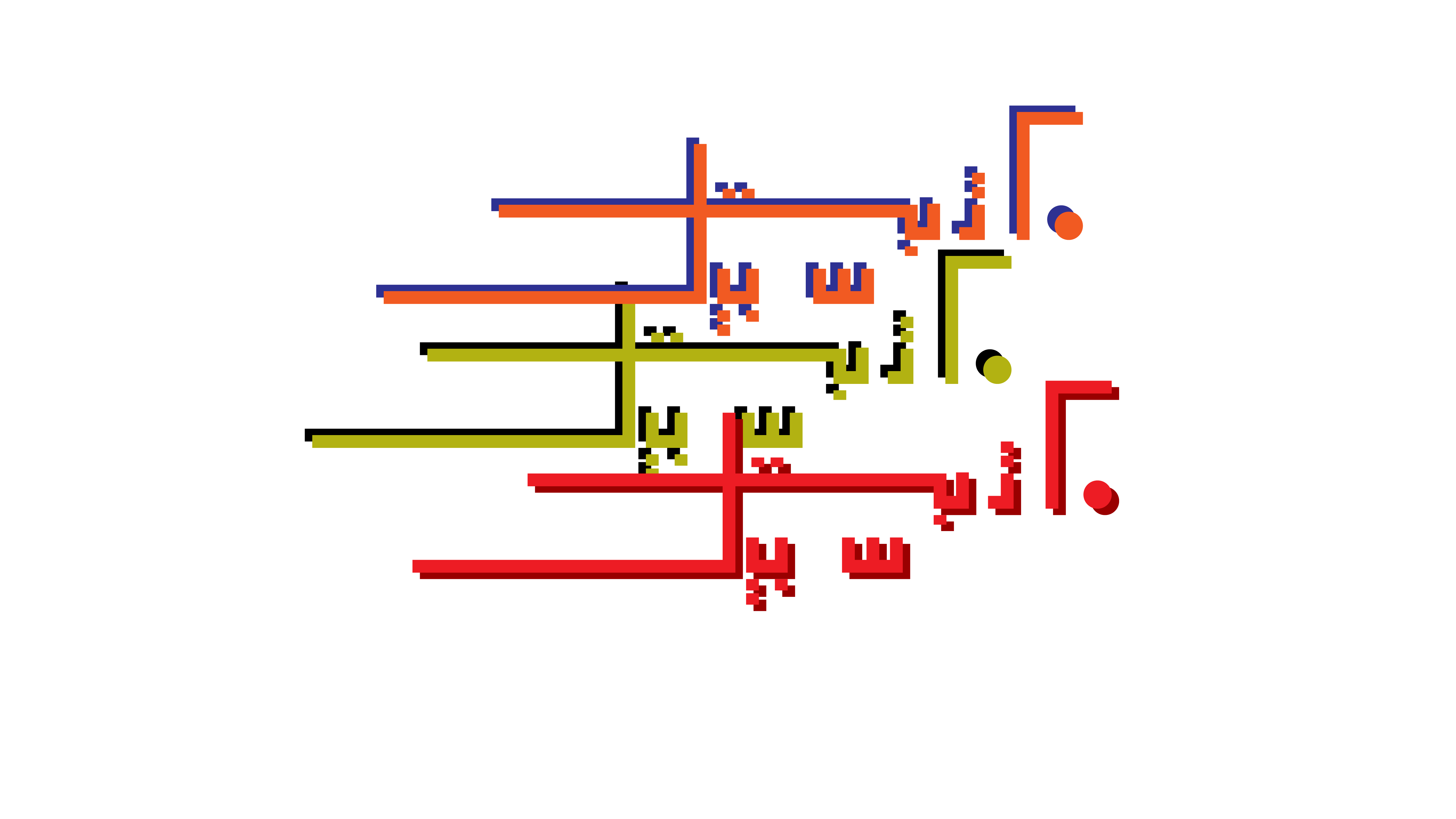ِAbout us
Sabīl – A Palestinian commons
Researchers working on Palestine face a reality of largely inaccessible Palestinian resources: either stolen and kept in the archives of the Zionist settler colony, or scattered around the globe in various institutions, lacking a central Palestinian archive to house them. The challenge is particularly felt by Arab and Palestinian researchers, for whom various parts of the Arab world are inaccessible, particularly historic Palestine.
Several Palestinian initiatives emerged to face this reality, some institutional and others much simpler. Of the latter is the practice of researchers sharing copies of documents that they have managed to scan. This practice was the first step and inspiration for Sabīl, which in 2019 set to create a platform that would facilitate the conservation and sharing of scanned documents.
Sabīl Library is an online platform for the upload, treatment, and browsing of documents. Anyone can add content to Sabīl, as well as download from it. Sabīl has developed an application for optical character recognition (OCR) within its archive, making its documents in-text searchable. We have focused on this function, despite its flaws, since Arabic-language OCR is lacking from commercial PDF applications (such as Acrobat), and thus also missing from most Arab online archives and libraries. Therefore, by adding a document to Sabil its content gets treated and the document becomes more accessible, no matter where it is used afterwards.
Sabīl is characterized by its open horizon, which depends on the contribution of its community, whether individuals or institutions, professionals or nonspecialists. At the same time, Sabīl is an experiment and an addition to open knowledge in general. The website’s code and design are both open source and available for anyone to adopt and develop. You can use Sabīl as a template for other libraries which might focus on other topics or media. You can also join us, whether in treating the documents and metadata, or adding new material, or developing the code further to include new functions.
As such, Sabīl pushes for the decentralization of knowledge production. If it is indeed possible to collect and treat material through a coalescing of individual and collective efforts, to reduce requirements through automation, and to maintain an open system that anyone can develop and contribute to, then we may neither need monumental projects to uncover this knowledge nor overpowering institutional funding.
Technically
In building Sabīl we relied on freely available open-source software as much as possible. These are the cataloging platform Omeka S, the OCR engine Tesseract, and the PDF treatment program OCRmyPDF. We have developed a code that adapts the latter two to Omeka S, and made it open-source so that others in the vibrant Omeka S community and elsewhere can utilize. We have adopted this policy in order to save on efforts and financial resources, to build on and contribute to already existing knowledge and knowledge-communities, and to keep Sabīl sustainable and free from propriety software or needlessly specialized knowledge. For the same reasons we built our desired functions with the simplest codes and tools. We adopted a similar philosophy of simplicity and compatibility in our metadata, where we utilized the Dublin Core metadata convention (the widely adopted web metadata standard) adapted to MARC-21 (the most widely used metadata convention in libraries). Similarly, we developed a file-naming convention that includes enough metadata to ensure the ability to sort and retrieve our files regardless of platform. All this sought to ensure the sustainability of the project and to minimize its financial requirements.
You can read the technical development report for Sabīl here, and access its code here.
Our resources
We built Sabil on free and open-source software, as explained above. The open-source code that sabil uses to adapt the OCR function to Omeka was developed by a programmer at The Institute for the History and Theory of Architecture at ETH Zurich. Apart from this code, all work on the project is voluntary, performed by the Sabīl team and fellow contributors.
Similar projects
Sabīl sees itself as one of many recent initiatives that focus on Palestinian history and documentation. Some are institutional, such as the Interactive Encyclopedia of the Palestinian Question, Thakirat Filastīn, The Palestinian Museum Digital Archive, Birzeit University’s repository FADA. Others are non-institutional, such as Palestine Remembered, Learn Palestine, and the twitter account The Palestinian Archive, which are closer to Sabīl’s model.
Note
Sabil is an educational non-profit platform that hosts users' documents. If a document hosted on Sabil infringes on your copyright please contact us at info@sabil.me or info@maktabatsabil.com and we will handle the issue promptly.


